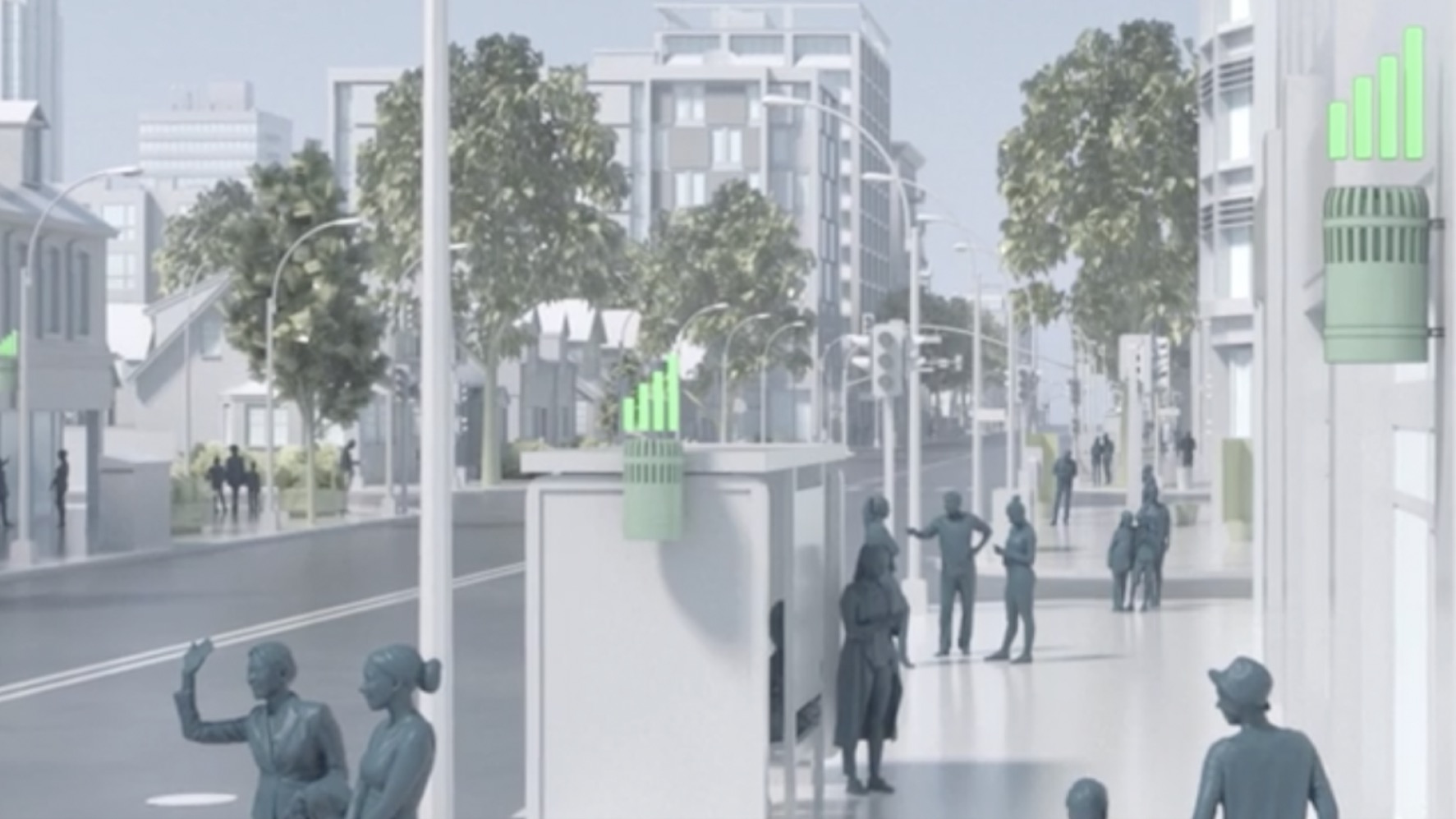Sidewalk Infrastructure Partners to acquire 5G innovator Dense Air
The overall aim of the acquisition is to make connectivity more open, shared, and inclusive through public-private partnerships.

Sidewalk Infrastructure Partners, a US company pioneering technology-enabled sustainable and inclusive infrastructure, has announced it will acquire a majority stake in Dense Air, an innovative RAN-as-a-Service company that uses shared infrastructure to extend and enhance carrier networks. Airspan, a US based provider of software and hardware for 5G networks, will retain a minority stake.
Dense Air builds and operates wireless infrastructure as a service, transforming the economics of connectivity and delivering to unserved and underserved communities the same capacity, speed, and service as the best parts of mobile carriers’ 5G networks. Under the new announcement, Dense Air Networks will operate within SIP’s CoFi innovation platform, which aims to make connectivity more open, shared, and inclusive through public-private partnerships.
“Opening up previously uncompetitive markets in partnership with new and existing service providers.”
Jonathan Winer, SIP.
“Ubiquitous connectivity is crucial for modern life,” said Jonathan Winer, co-CEO of SIP. “By expanding internet access and opening up previously uncompetitive markets in partnership with new and existing service providers, we can give consumers more seamless and affordable coverage. We look forward to partnering with service providers, local governments, and other stakeholders to understand the unique needs of each community in which we operate. Like every other type of infrastructure, broadband has no one-size-fits-all solution.”
Small Cell networks
Dense Air builds, owns, and operates secure and shared small cell networks that efficiently enhance and extend the traditional macro networks built by incumbent mobile network operators. Small cells, deployed discreetly on streetlights or rooftops, provide high-speed, high-performance cellular coverage over hundreds or thousands of feet. A small cell network supports better coverage closer to the user, complementing macro cells by easing network congestion and reaching areas where macro service deteriorates.
The deployment of 5G for mobile and fixed use cases over the next several years is expected to require operators to densify their networks by building hundreds of thousands and potentially millions of small cells in complex urban street systems. Dense Air’s unique technology allows multiple network operators to securely share the same infrastructure, driving down costs for service providers and municipalities alike while delivering high-speed connectivity. Dense Air’s small cell network makes it more efficient for multiple carriers to operate in underserved areas, securely sharing the resources of a single small cell. It’s a solution that improves the economics of deployment and operations for carriers, reduces the total infrastructure needs, and ultimately gives consumers more choices.
“The rollout of gigabit 5G services is an immense global challenge.”
Paul Senior, Dense Air.
“The densification of cellular networks to complete the rollout of gigabit 5G services is an immense global challenge, both technically and commercially,” said Paul Senior, founder and Group CEO of Dense Air. “Our unique shared infrastructure enables communities and carriers to build future-proof radio networks that are economically attractive and help solve digital divide problems that plague today’s 5G network builds. For mobile network operators, Dense Air’s technology enables efficient, economically attractive, and robust network enhancement and extension. When paired with the CoFi P3 model, our technology becomes a powerful tool for closing the digital divide through community-centred, sustainable fixed wireless networks,” he continued.
Dense Air’s neutral host networks can be leased by any network operator looking to scale its capacity. Dense Air has built wireless networks across Europe and APAC and is developing additional large-scale commercial projects globally. The company previously validated the CoFi model during a two-year research project with Dublin, Ireland, leveraging municipal infrastructure to deploy a pilot 5G network.
Get up to speed with 5G, and discover the latest deals, news, and insight!
SIP and Dense Air have said that they expect to soon announce an inaugural CoFi project in the US that involves partnering with cities to increase coverage of high-speed wireless connectivity, with a focus on expanding access for typically underserved communities, such as students without connectivity at home.
- Why 5G small cells are vital for mmWave 5G
- Get updates on the hottest 5G stocks
- Discover the truth behind 5G dangers
- 5G towers: everything you need to know
Rachael is a British journalist with 17 years experience in the publishing industry. Since launching www.digitalcameraworld.com, she’s been freelancing, and working for some of the world’s best-loved websites and magazines including T3.com and TechRadar.com and has also had a book, iPad for Photographers, published. A regular contributor at 5Gradar, Rachael is following the 5G market closely. Find out more at www.rachaelsharpe.com

